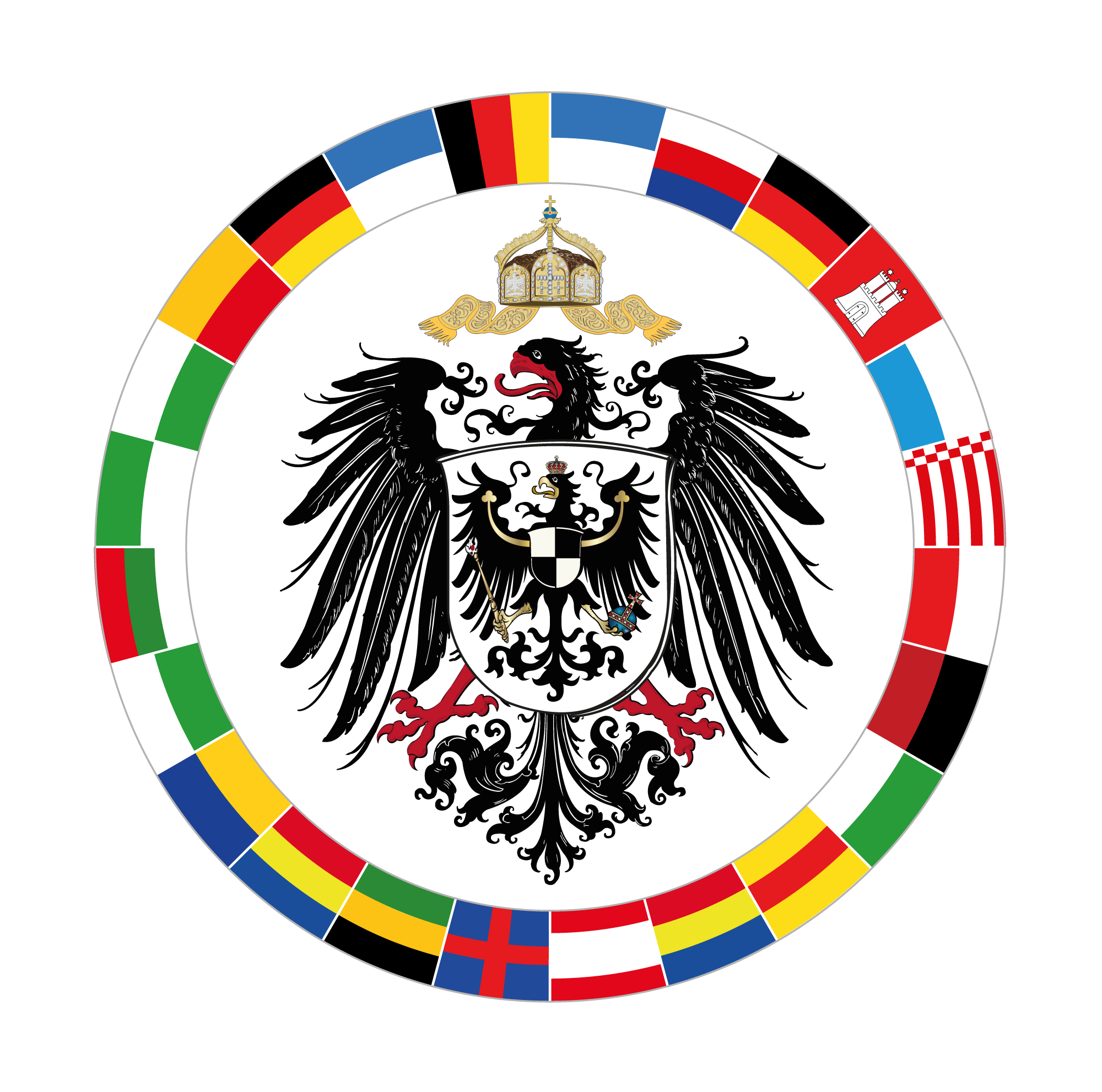viii WILIIELM DER SIEGREICHE
— —
and Nur Soldat (1880); several more on periods of
German history: Friedrich Barbarossa and Wilhelm
der Siegreiche. lie has written altogether abeut
one hundred volumes of novels, stories, and fairyp#tales.
The hero of our narrative is Wilhelm I.; it covers
the period from 1800, two pears after the Peace of
Tilsit, to 1888, that is from the ear of the battle of
Wagram to that of the death of Wilhelm I. and his son
Friedrich III. and the accession of the present (looz)
German Emperor and King of Prussia, Wilhelm II.
A short enumeration of the momentous events of these
years will serve to show the scope of the work.
The year 1812 saw Napoleon's retreat from Moscow;
the three following years, the great national uprising in
Germany against the tyranny of Napoleon, the Völker-
schlacht at Leipzig, the entry of the Allies into Paris, the
abdication of Napoleon, his return from Elba, and bis
final defeat at Waterloo or Belle Alliance by Wellington
and Blücher.
From 1815 to 1861, when Wilhelm I. succeeded
his brother Friedrich Wilhelm IV., was a time of
unrest in Europe, and in 1848 especially there were
revolutionary outbreaks in France, Austria, Berlin and
Baden.
With 1862 began the ministry of Bismarck, whose
policy of blood and iron“ was marked by the acquisi-
tion of Schleswig and Holstein in 1864, the “ Seven
Weeks' War ' of 866 with Austria for the leadership of




